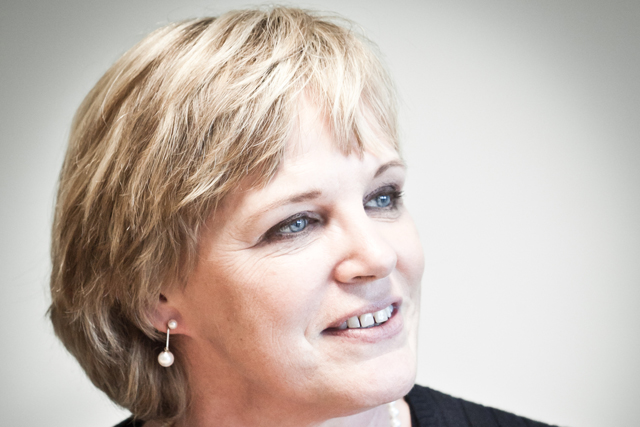Mining big data is an invaluable resource for marketers and key to understanding customers and opportunities for growth. But when information is centralised, nuances can be lost and understanding suffers. What can marketers do to ensure they make the most of the huge amounts of data available to them? And what will be the key considerations for developing big data strategies in the future?
Making it relevant
It’s important to decipher what data is useful - and crucially, what is not. A process strategy runs the risk of gathering large amounts of data rather than focusing on what is important to your brand. Don’t forget this is a supply chain issue, which needs to be risk managed, and a cost that should be minimised so you have budget to be able to take action on what you learn. Just because you can count it, doesn’t mean it matters.
Many people lose the human in the numbers, sacrificing actionable insights to data sets. You need both.
Brands can waste time gathering or sorting multiple streams of confusing data and fall into the trap of measuring outputs rather than outcomes – for example, click-throughs rather than sales. The world of marketing is littered with examples of where that has gone badly wrong. Many people lose the human in the numbers, sacrificing actionable insights to data sets. You need both.
Data should be used as an aid but not as a replacement for judgement. This means asking the right questions and having clear goals and objectives from the start – what do you need to find out and why? It’s not just about gathering data and working your way through it. A data strategy must support your customer understanding, include standards, ethics and be focused on the small number of indicators that really make a difference.
It’s also important to recognise that data alone can’t tell you everything you need to know. A big data strategy must work in tandem with other approaches to provide actionable insight. Asking customers and staff what they think and feel about a retailer, an in-store experience, a product or service can help define information. Big data may tell you how many customers you have won or lost but not necessarily why. This is the intelligence that can really make a difference.
The next big scandal?
While there are huge public and commercial benefits from using data, marketers must also consider the risks to public confidence and their brands reputation if it is not managed ethically and transparently. Innovative use of data, for research and for big business, is developing rapidly but approaches to data privacy are not and this is creating an ethical grey area.
Over the past few years, there have been an increasing amount of incidences where personal data has been used for purposes individuals did not intend or even know about. Often, large organisations do not even realise they are doing so. Some 58% of enquiries to MRS’ Codeline advisory service last year were from people concerned over data collection methods.
If we want to continue to use personal data, we cannot afford to erode personal trust.
Businesses need to provide clear explanations of why they want personal data, what it will be used for and, critically, what steps they are taking to ensure that they are acquiring and using data in a responsible way. If we want to continue to use personal data, we cannot afford to erode personal trust.
At the moment, there is no way for consumers to own their data and tie it in with their right to be forgotten. People are requesting data privacy more and more but there is a time when data will suddenly be out there and people will be surprised by how it is being used. Customers see organisations as responsible for the whole supply chain meaning that trust and transparency must be present at every point of interaction. If organisations don’t take accountability for this, it could be the next horsemeat scandal.
Data is increasingly being collected in real-time and used by various different departments to make key commercial decisions – from marketing teams, to IT departments to the board. Organisations must ensure that data protection is a priority across the business and there is a clear strategy and set of guidelines for everyone who is given access to customers’ personal data. If protecting data becomes part of the company’s ethos, employees will feel a responsibility to ensure that data breaches do not occur.
To fully capitalise on the benefits of big data, and ensure that money is not wasted on developing huge databases that are not properly used, marketers must have an end-strategy and know their objectives from the start. It’s important to ask the right questions rather than just relying on the masses of data available. In the future, using data ethically will be the only way forward – morally and legally. It is about fundamental respect for the people whose data we all rely on for commercial and public purposes and getting to the very basis of the right way information should be gathered.
The MRS launched Fair Data at the start of this year to rebuild trust between brands and consumers with an easily identifiable mark that shows consumers they can share their data and allow it to be used without worrying about privacy.


